humoresque
[English]
A term that has been given to some compositions that may be considered humorous, whimsical or capricious in character and often found as a single movement of a composition. In many cases, where the composition is not particularly humorous, the term capriccio could certainly be used.
The use of this term began in 1839 by Robert Schumann when he titled his Opus 20 for pianoforte, Humoreske in B flat major. He also gave the name Humoreske to the second of the four Phantasiestücke for violin, cello & piano in A minor, Op. 88. Other famous composers have also used this term. Antonin Dvořák composed a set of eight Humoresques (Op. 101) in 1894, Edvard Grieg composed 4 Humoresques (Op. 6) in 1865, Peter Tchaikovsky composed 2 Pieces (Op.10) with the second piece named Humoresque in 1872, and Sergei Rachmaninoff composed Morceaux de salon in 1894 with No. 5 having the name Humoresque in G major. Additionally, Gustav Mahler originally used Humoresken as the title for his collection of songs, Des Knaben Wunderhorn (1888-99), and his Fourth Symphony was originally conceived as a "symphonic humoresque".
See Also
[German] Humoreske (f)[Italian] umoresca (f)
[Spanish] humoresca (f)
Share
Tweet
Last Updated: 2016-06-01 16:45:34

